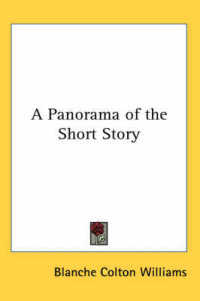- ホーム
- > 洋書
- > 英文書
- > History / World
Full Description
This book engages in a creative process of historical retrieval of visions for substantive democracy and federal union during the struggle for freedom that remained unrealized during the postcolonial transition.
Structured in three parts, the book examines the historical trajectory of South Asia in the twentieth and twenty-first centuries in its full complexity. Contributors to the book place the momentous event of independence and partition of India in a global perspective. Resisting the triumphalist nationalist narratives - that see the present-day nation-states of India and Pakistan, and also Bangladesh, Sri Lanka, and Burma as the preordained goal of the anticolonial struggle - the chapters analyze the process of South Asian independence, partition, and constitution-making. The book examines the relationship between nation, partition, and federation in the aftermath of liberal imperialism. Exposing the hollowness of celebratory accounts of liberal democracy in postcolonial South Asia, this book squarely confronts the historical roots of the contemporary crisis of authoritarianism in a global context. By identifying the requirements of genuine and substantive democracy in the subcontinent, the book charts a creative way toward a better constitutional and political future.
Raising questions that are fundamental to our understanding of modern South Asia and its place in the world, the book will be of interest to students and researchers of South Asian history, politics, and decolonization.
Contents
Introduction
Part I: Failure of Federation
1. A Rebel's Constitution: States of Exception and Anti-colonial Alternatives in the Making of the Indian Republic
2. The Limits of Progressive Politics: B.R. Ambedkar's Thoughts on Pakistan
3. Partitioned and Regionalized Visions in South Asian Diasporas: Indian and Pakistani Leagues of America in the Era of Decolonization
Part II: Partition and its Aftermath
4. Imagining the Pakistan Economy: From Debating Economic Viability to Evaluating Economic Policy, 1940-1951
5. West Bengal and its Muslims: A Narrative of 'Long Minoritization'
6. Dialogue and Silence in Partition's Shadow: The Muslim Question in Asghar Wajahat's Fiction
Part III: Nation, Authoritarianism and Federalism
7. The Indian Emergency (1975-1977) in Historical Perspective
8. The Land Question in Kashmir: Limitations of the Settler-Colonial Framework
9. Terrors in the Night when All Cows are Black: Nomos, Authoritarianism and Federalism
Conclusion








